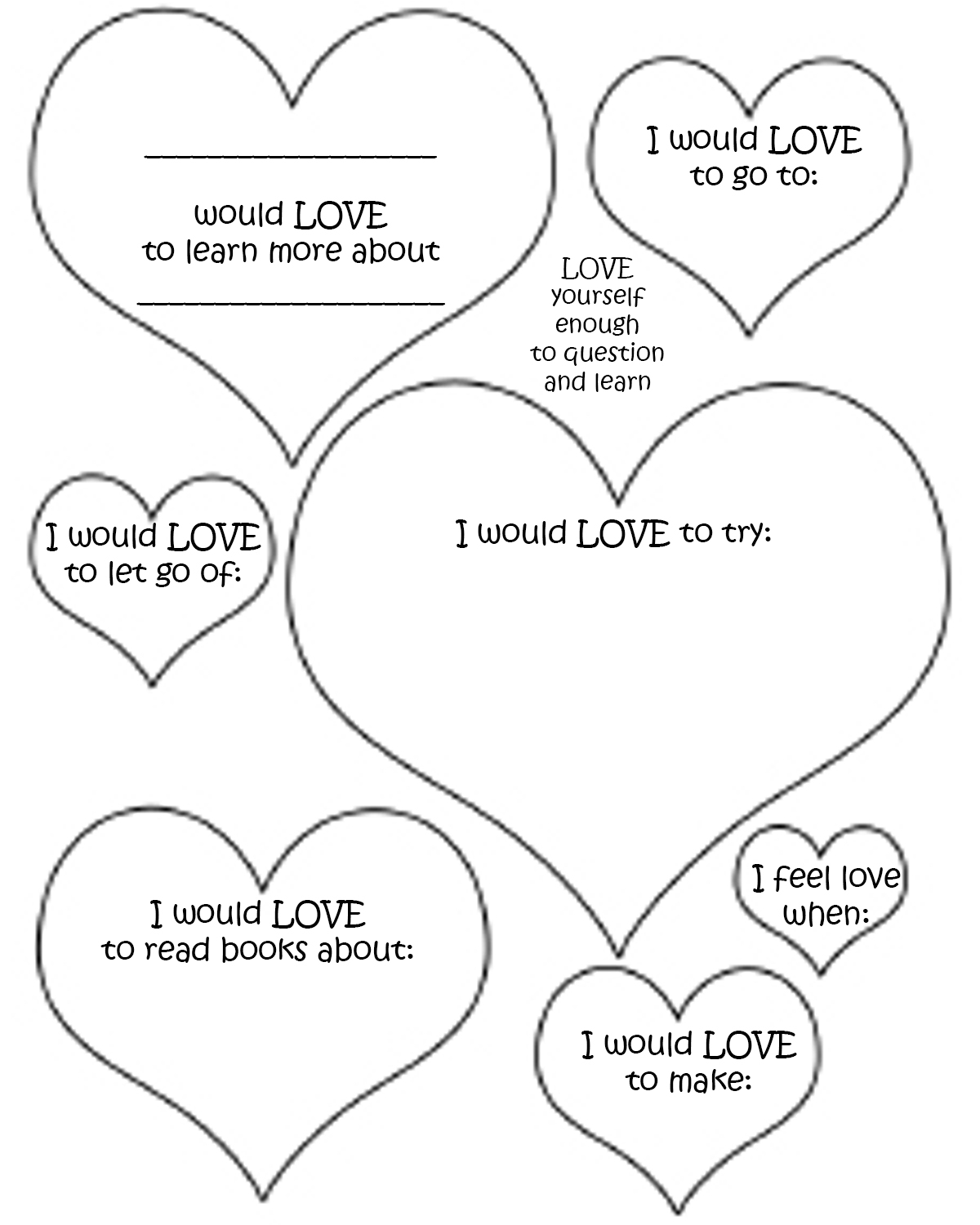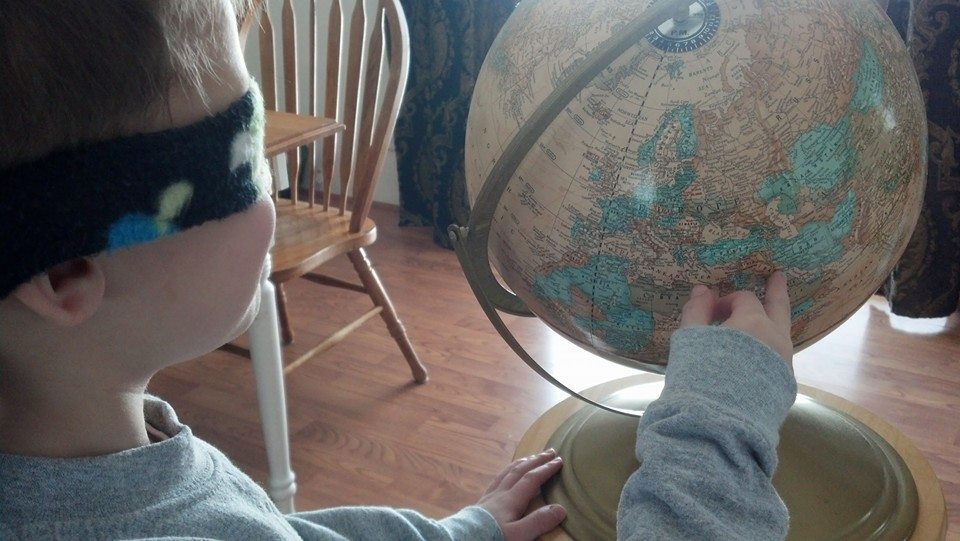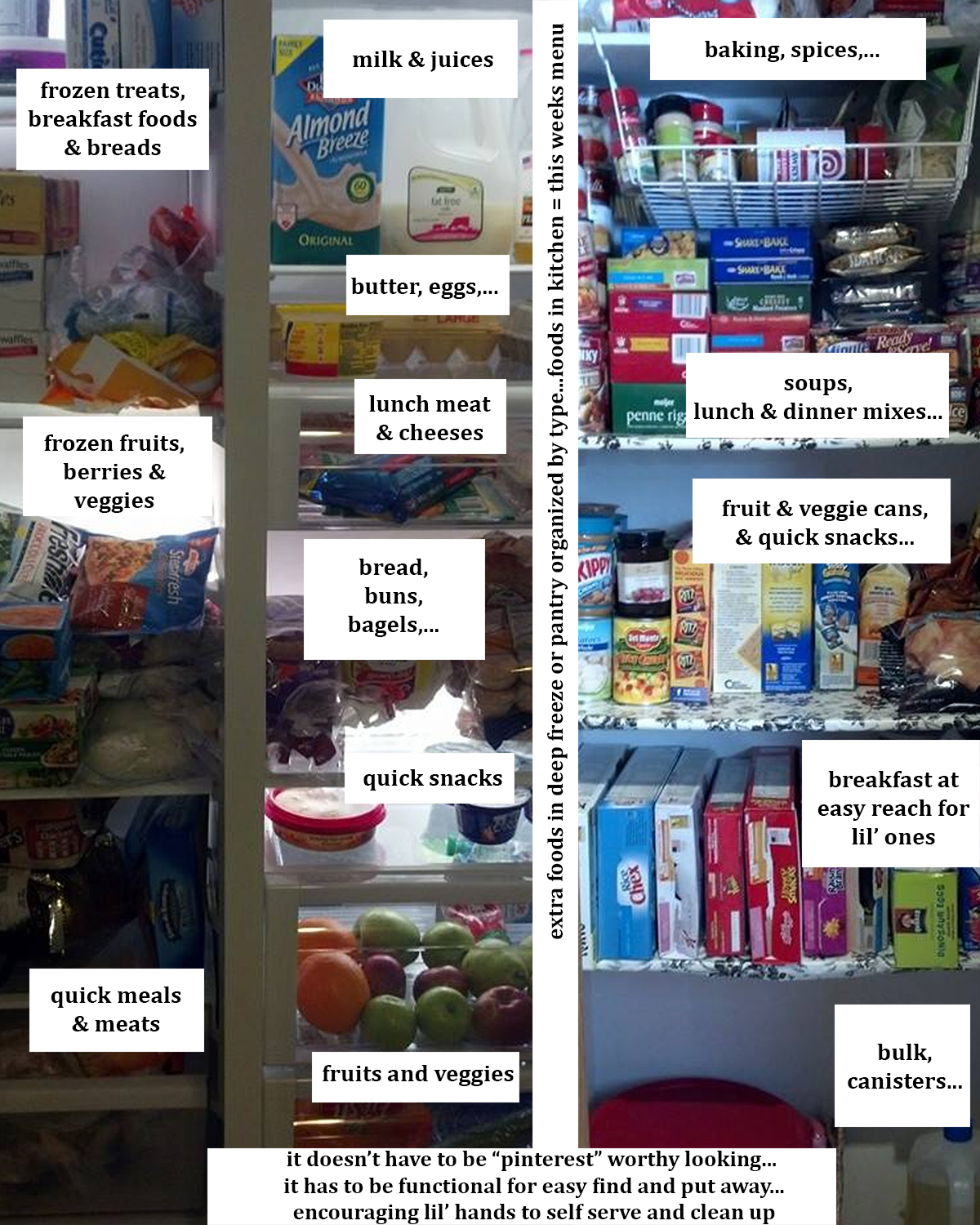Mi School’s focus is to encourage a love for learning. During Valentines I rambled about falling in love with knowledge ~ and to do that you should start with learning about yourself.
If becoming a smarter and stronger you is a resolution – it’s never too late to start, but warning: side effects include a happier and healthier you AND happier and healthier relationships. How does learning for your own benefit affect relationships with others? Well, through this process one learns to be responsible for own needs and also, respectful of others. That’s because “living a life of learning” means being open to learning about others … respecting their differences and learning from them. Learning about their history, their religion, their culture, their foods… trying their foods!
Did you know that trying new foods encourages cultural appreciation while encouraging healthy lifestyles? Children are often selective on foods because they have not had enough exposure to different flavors and styles. Most parents admit they offer new foods only a couple times before deciding their child doesn’t like it, but it can take a dozen times before our taste-buds adapt and enjoy new tastes. Research tells us that the number of adults who are “picky eaters” are growing – and leading to poor nutrition and even social isolation! For real! I hope this fact encourages you to set an example for your kids and try new foods, encourage all food groups during family dinners, explore ethnic ingredients… Try incorporating foods from places kids are learning about during social studies and history classes. Find games, crafts and other activities that correspond with where the food is from. If your kids aren’t learning about a specific area spin a globe or close your eyes and point on a map, then look up ideas online. It’s easy and fun.
It can also be easy and fun (and budget smart) to make a menu with your kids, take them grocery shopping, then help them organize the pantry and fridge. I have kids myself and know it can be a challenge – but when prepped and practiced it can be fun and a great learning experience. I’ve taken large groups of foster kids and whole classrooms to the grocery store with success. Kids love using lists and coupons to find supplies, figure out costs… When we are done we store the supplies in a helpful order. Things we don’t need for the week are organized by type (can, box, baking…) in the back pantry. Dry foods we will use are put on cupboard shelves in order of need (today’s items in front, tomorrows behind, etc…). Menu options and meal times are written down for reminders. Low shelves in cupboard and fridge are stocked with healthy snack choices. If one is hungry between meals fruits or veggies are available and water is encouraged at all times.
Keep water available during active times, resting times, study times… Make sure your kids study time includes healthy habits curriculums. From learning about food groups to caring for their bodies in other ways. Healthy habits includes food choice, exercise, doctor check-ups, teeth and eye care… learning about hygiene and illness and how to respond to emergencies. Such lesson plans are available through Mi Families education programs. Lessons deepen into science fields learning about biology and physical education activities developing both small and large motor skills. Our next article will dive more into that topic so make sure you sign up for blog notifications towards the top right of this page! Thanks! (You can also follow our topics and get tips and tools for meal planning, healthy living, organization and more on our Pinterest site.)






Leave a Reply